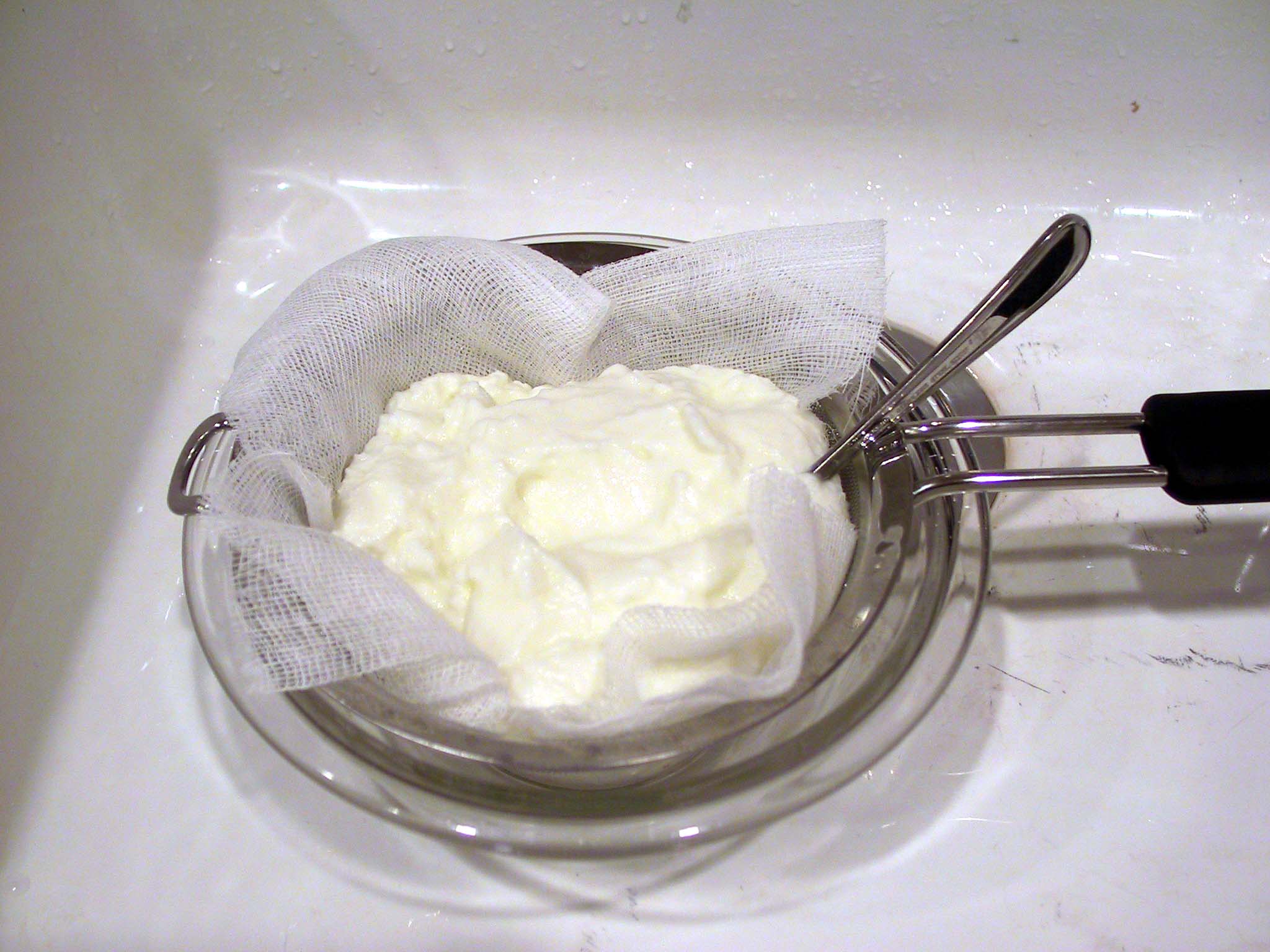The Sydney Morning Herald reports that the Sydney bakery responsible for a food poisoning outbreak that affected 319 people, of whom 136 were admitted to hospital, has been fined more than $40,000 for breaches of the Food Act.
The NSW Food Authority closed French Golden Hot Bread, in Homebush West, in March last year after tracing a salmonella outbreak to the egg mayonnaise served with its pork and chicken rolls.
 Contrary to government regulations, the egg mixture was not heat-treated or kept below the specified 5 degrees.
Contrary to government regulations, the egg mixture was not heat-treated or kept below the specified 5 degrees.
A faulty refrigerator was also blamed for the elevated temperature of the mayonnaise, which allowed the bacteria to develop.
The Herald also reports this morning that more than half the local councils in New South Wales, the Australian state that contains, Sydney, have not fined any food businesses caught breaking food safety laws in the past four years, raising fears that much of the state has no effective protection against food poisoning from unhygienic restaurants and cafes.
Figures provided by the Office of State Revenue, which collects payments for fines imposed by councils, show that since 2004 only 67 out of more than 150 councils imposed any fines on restaurants and takeaway food businesses flouting hygiene laws.
"If you never issue a fine, they will laugh at you," said Des Sibraa, a former chief food inspector for NSW and now a food safety consultant.
He said the only conclusion to be drawn from the fact so many councils did not issue any fines was that many of them did not have serious inspection regimes.
"There is a place for warnings, but only for any minor matters, not for anything serious … Some councils are not doing anything," Mr Sibraa said.
 Belfast City Council staff carried out an inspection of the premises on 19 September, 2008 which uncovered "a number of serious breaches of food hygiene legislation.
Belfast City Council staff carried out an inspection of the premises on 19 September, 2008 which uncovered "a number of serious breaches of food hygiene legislation.
 So in what seems an excessively harsh penalty, if true,
So in what seems an excessively harsh penalty, if true,  When he unwrapped the loaf he discovered the small lifeless mammal embedded in the base of the bread (right, photo from BBC).
When he unwrapped the loaf he discovered the small lifeless mammal embedded in the base of the bread (right, photo from BBC). Work surfaces and utensils were smothered in thick grease, floors littered with rotting detritus and fridges covered in mould and dozens of dirty food containers (right, photo from
Work surfaces and utensils were smothered in thick grease, floors littered with rotting detritus and fridges covered in mould and dozens of dirty food containers (right, photo from  Contrary to government regulations, the egg mixture was not heat-treated or kept below the specified 5 degrees.
Contrary to government regulations, the egg mixture was not heat-treated or kept below the specified 5 degrees. Inspectors who toured the premises found rat faeces scattered over the floor, on equipment and in food-processing areas. Two 12.5-kilogram bags of flour had been "gnawed open by rodents" and one of the creatures was seen in the food storage area, the court heard.
Inspectors who toured the premises found rat faeces scattered over the floor, on equipment and in food-processing areas. Two 12.5-kilogram bags of flour had been "gnawed open by rodents" and one of the creatures was seen in the food storage area, the court heard. Environmental health officers visited, and found cooked duck stored in cardboard boxes where raw poultry had been, dirty chopping boards and no cleaning or drying equipment for the hand basin near the staff toilets.
Environmental health officers visited, and found cooked duck stored in cardboard boxes where raw poultry had been, dirty chopping boards and no cleaning or drying equipment for the hand basin near the staff toilets.